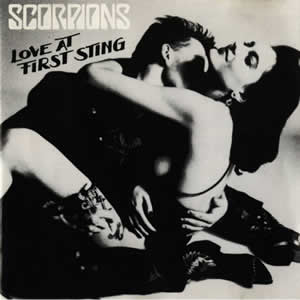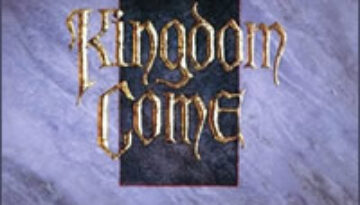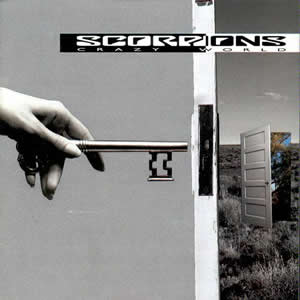Love at First Sting by Scorpions
Buy Love at First Sting Scorpions reached the peak of their long career with the 1984 album Love at First Sting. This album spawned the group’s best selling singles and peaked in the […]

Buy Love at First Sting Scorpions reached the peak of their long career with the 1984 album Love at First Sting. This album spawned the group’s best selling singles and peaked in the […]

Buy Kingdom Come Kingdom Come released their well-received, self-titled debut album in early 1988. Led by German born front man Lenny Wolf, who co-wrote most of the album’s material with the group’s manager […]

Buy Crazy World Driven by the popularity of a historically significant song, Crazy World was a commercial success in 1990 for Scorpions. The eleventh overall studio release by this rock band from Germany, […]